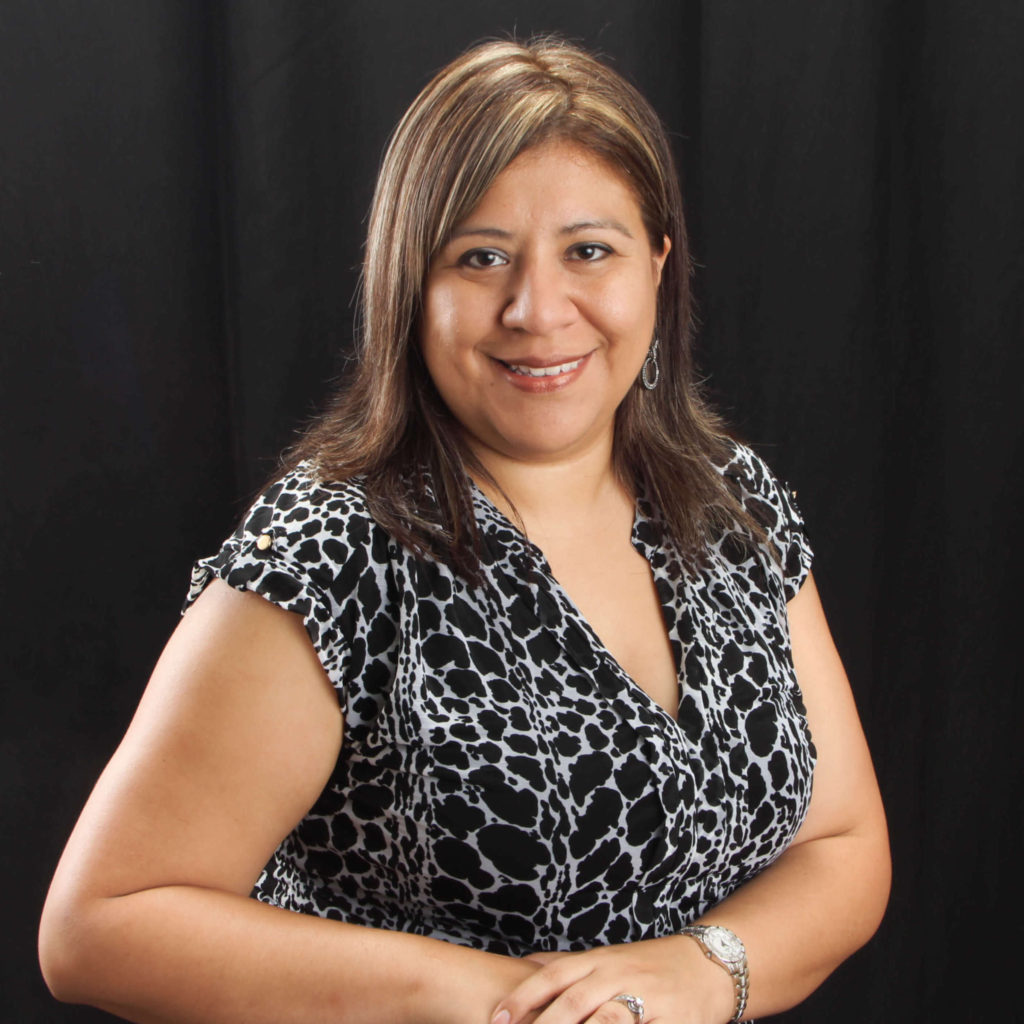Introduction
Medicine, while grounded in science, is profoundly human in its practice. Healthcare providers often find themselves at the intersection of medical knowledge and personal biases, sometimes without even realizing it. As a young doctor, I vividly recall my first week in obstetrics (OB) and the encounter that challenged me to confront my own unconscious biases. Through this experience, I learned how biases in medicine can affect patient care, and it’s a lesson I carry with me in my ongoing commitment to unbiased healthcare.
Unmasking the Unconscious Biases
During my first week in OB, I encountered a patient who had been pregnant six times by the age of 26 and had undergone three abortions. It was at this moment that I realized how easily our unconscious biases can surface. Thoughts of judgment regarding the patient’s choices, such as using abortions as a form of birth control, can creep into our minds, impacting the quality of care we provide.
As a healthcare provider, I had made a commitment to be aware of my biases and consciously prevent them from influencing my practice. However, I also recognized that others might not share this awareness. On one occasion, a fellow coworker openly voiced their judgment about the patient’s decisions, stating that the patient should have used birth control instead of “killing” multiple babies. This incident not only highlighted the potential for biases to be spoken aloud but also created an uncomfortable atmosphere for everyone involved.
The Impact of Unconscious Biases
Unconscious biases, whether subtle or overt, often lead to negative interactions that can erode the trust between patients and healthcare providers. Such mistrust can result in poor adherence to medical recommendations and a breakdown in the unique patient-physician relationship that is crucial to effective healthcare.
Combatting Bias: A Personal Plan
To ensure that my biases do not hinder my ability to provide equitable healthcare, I have devised a personal plan to confront and mitigate them:
Self-reflection: Whenever negative thoughts about a patient arise, I make a conscious effort to self-reflect. I ask myself why I feel that way, probing to identify any underlying unconscious biases. This practice helps me recognize the sources of my judgments and confront them head-on.
Empathy and understanding: I remind myself that I do not know a patient’s circumstances or the reasons behind their decisions. Instead of passing judgment, I strive to show empathy and understanding. This involves actively listening to their concerns, asking open-ended questions, and respecting their autonomy.
Continuous learning: I am committed to ongoing education about biases in healthcare. By staying informed about the latest research and best practices, I can remain vigilant and ensure that my care is unbiased and equitable.
Seeking feedback: I encourage colleagues and peers to provide feedback on my interactions and communication. Constructive criticism can be a valuable tool in identifying and addressing biases I may not be aware of.
Conclusion
The journey to unbiased healthcare is an ongoing one, and it begins with recognizing the existence of biases within ourselves. My experience in OB taught me that biases, whether spoken or unspoken, have the potential to damage the patient-provider relationship and negatively impact patient care. By actively confronting our biases, we can pave the way for a more equitable and compassionate healthcare system, where patients receive care that is free from judgment and grounded in empathy and understanding. As healthcare providers, it is our duty to rise above our biases and ensure that every patient receives the care they deserve, regardless of their circumstances or choices.



